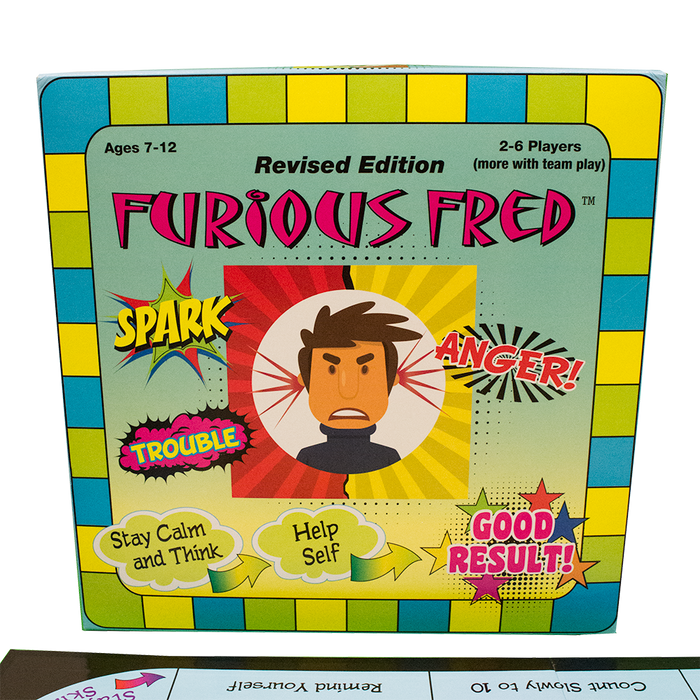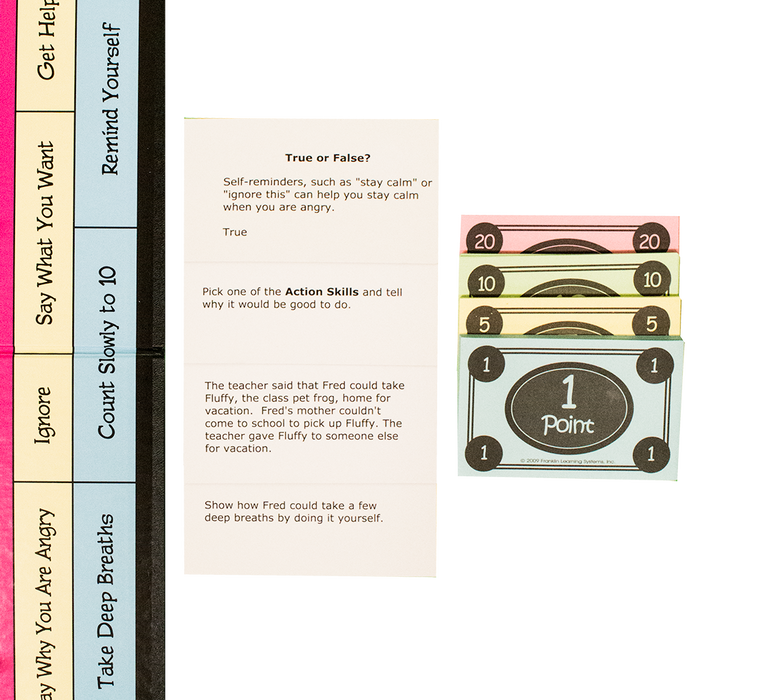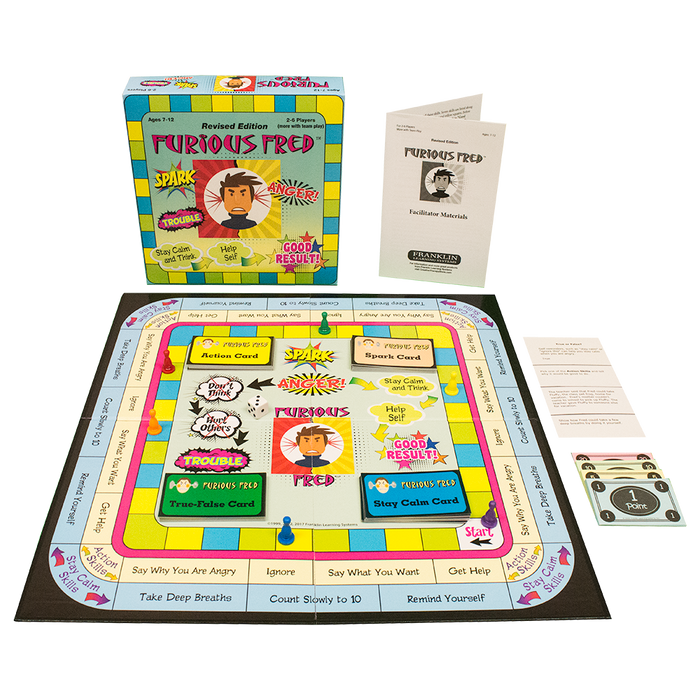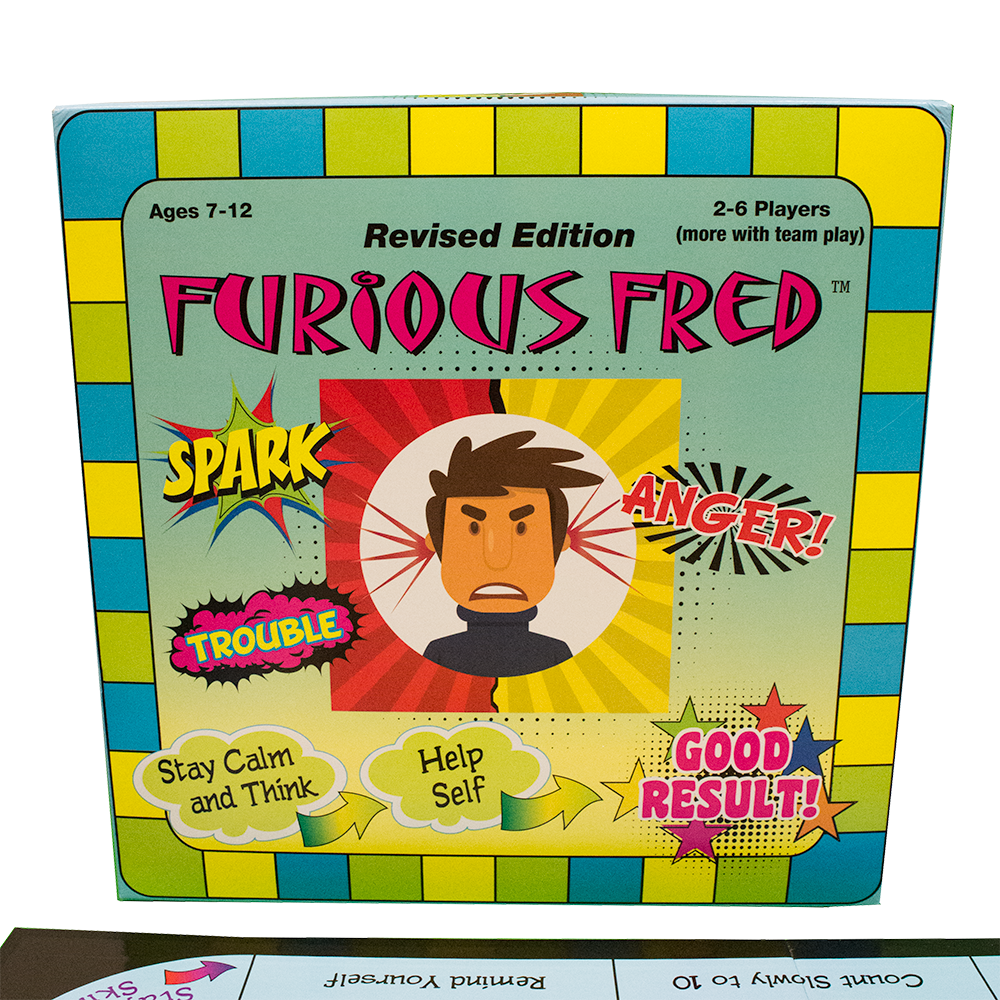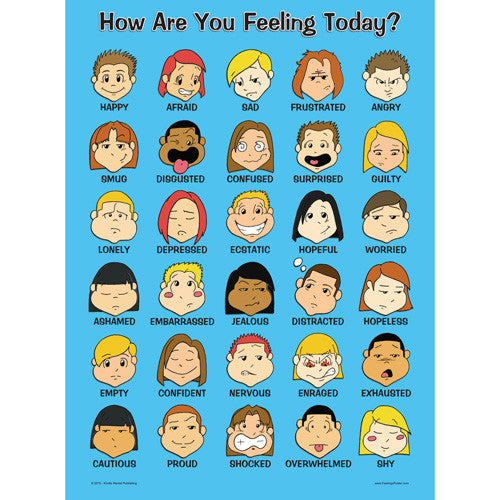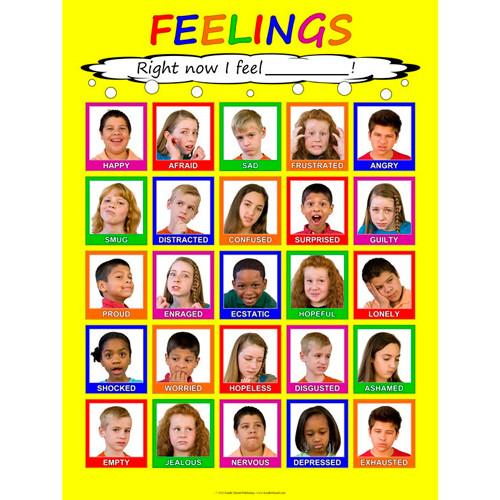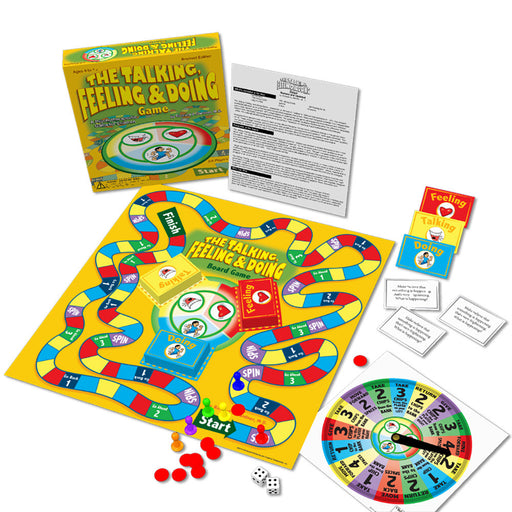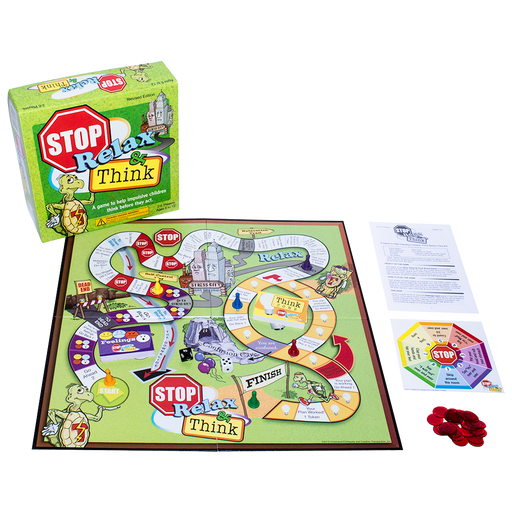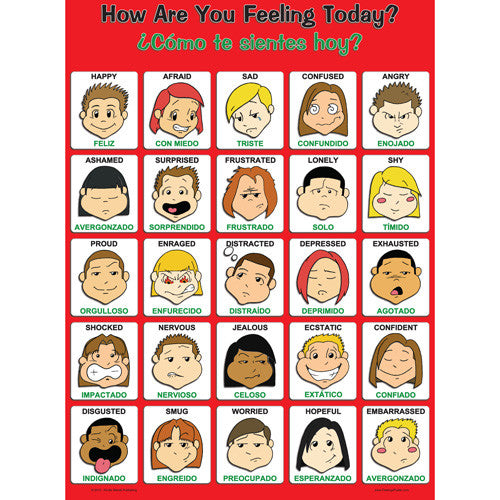Furious Fred, Revised
Furious Fred®
Furious Fred® is an educational board game designed to teach important concepts and practical skills for controlling anger and avoiding violence. Fred is a student who in the past has been quick to get angry and quick to try to get back at others with screaming, threats, pushing, and hitting. Players earn points by giving Fred good advice on how to deal with frustrating and anger provoking situations, both at school and at home. Fred is teased, bullied, blamed by a teacher for something he didn't do, frustrated when his sister changes the TV channel, etc.
Players are introduced to the concept that anger can carry Fred towards actions that will be regretted later. Skills are introduced that help Fred stay calm, make good decisions, and take actions that will help himself instead of trying to hurt others. The skills include:
Staying Calm Skills:
- Take deep breaths
- Count slowly to 10
- Remind yourself
Action Skills:
- Say why you are angry
- Ignore
- Say what you want
- Get help
Students with anger and aggression problems are usually anxious and defensive whenever the subject is brought up. However, in the game students are giving advice to Fred, the fictitious student. This "distance" puts them in a position where they can deal with and learn about these important issues without the usual defensiveness and denial. In the post-game discussion, the teacher relates the players' actions in the game to real life situations. A "Teacher's Materials" booklet with complete lesson plans is also included.
SCANS Skills Addressed:
Foundation Skills: Thinking Skills, Personal Qualities, Basic Skills, Workplace Competencies: Interpersonal Skills, Systems
Learning Objectives:
1. Learn to understand situations that can lead to anger and aggression.
2. Learn to think first before taking rash action.
3. Take action that will help themselves instead of hurting others.
4. Learn to be assertive without being aggressive.
5. Learn specific anger control skills, such as self-reminders, taking a few deep breaths, etc.
6. Feel better about themselves during and after conflict situations.
7. Get along better with others in general.

